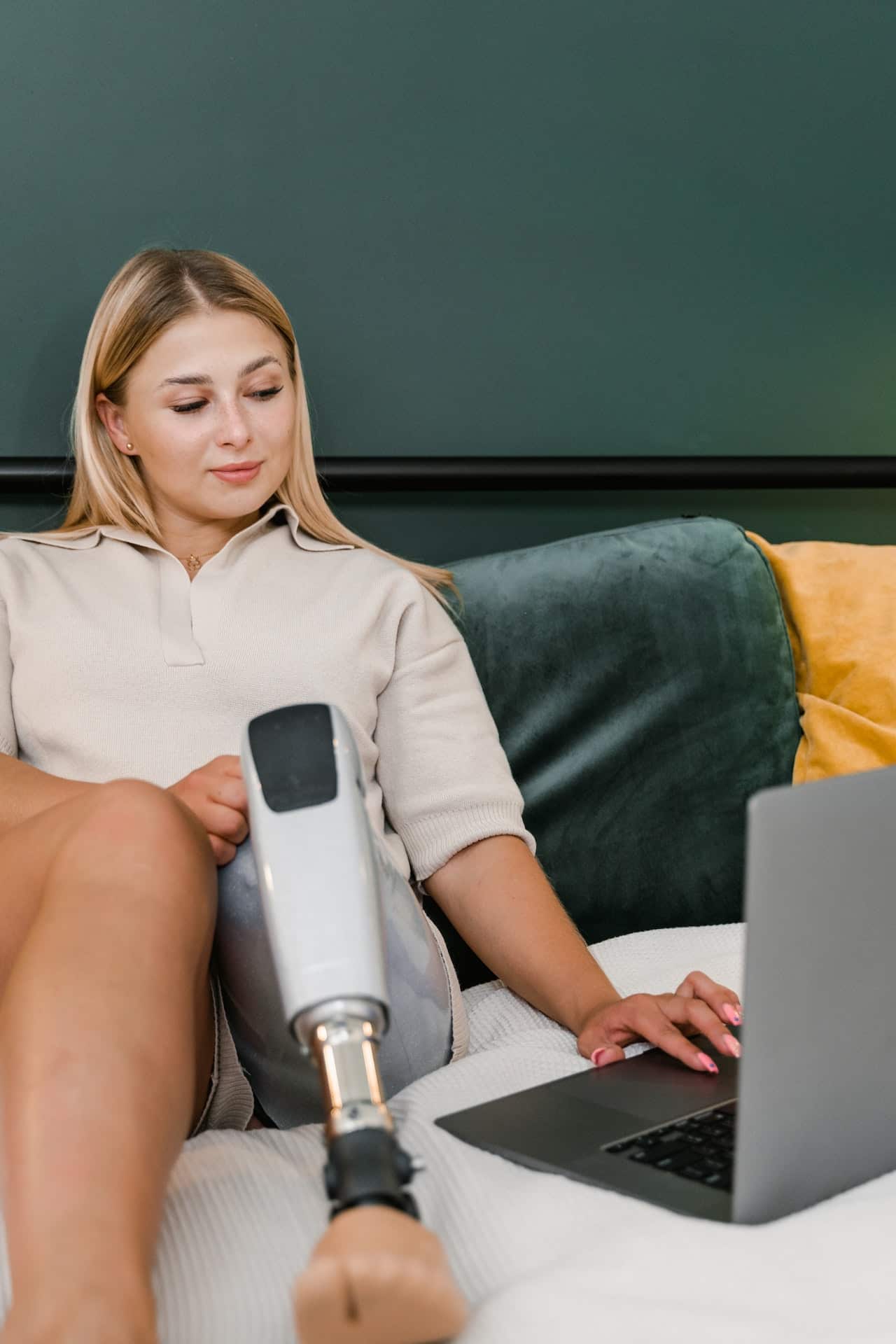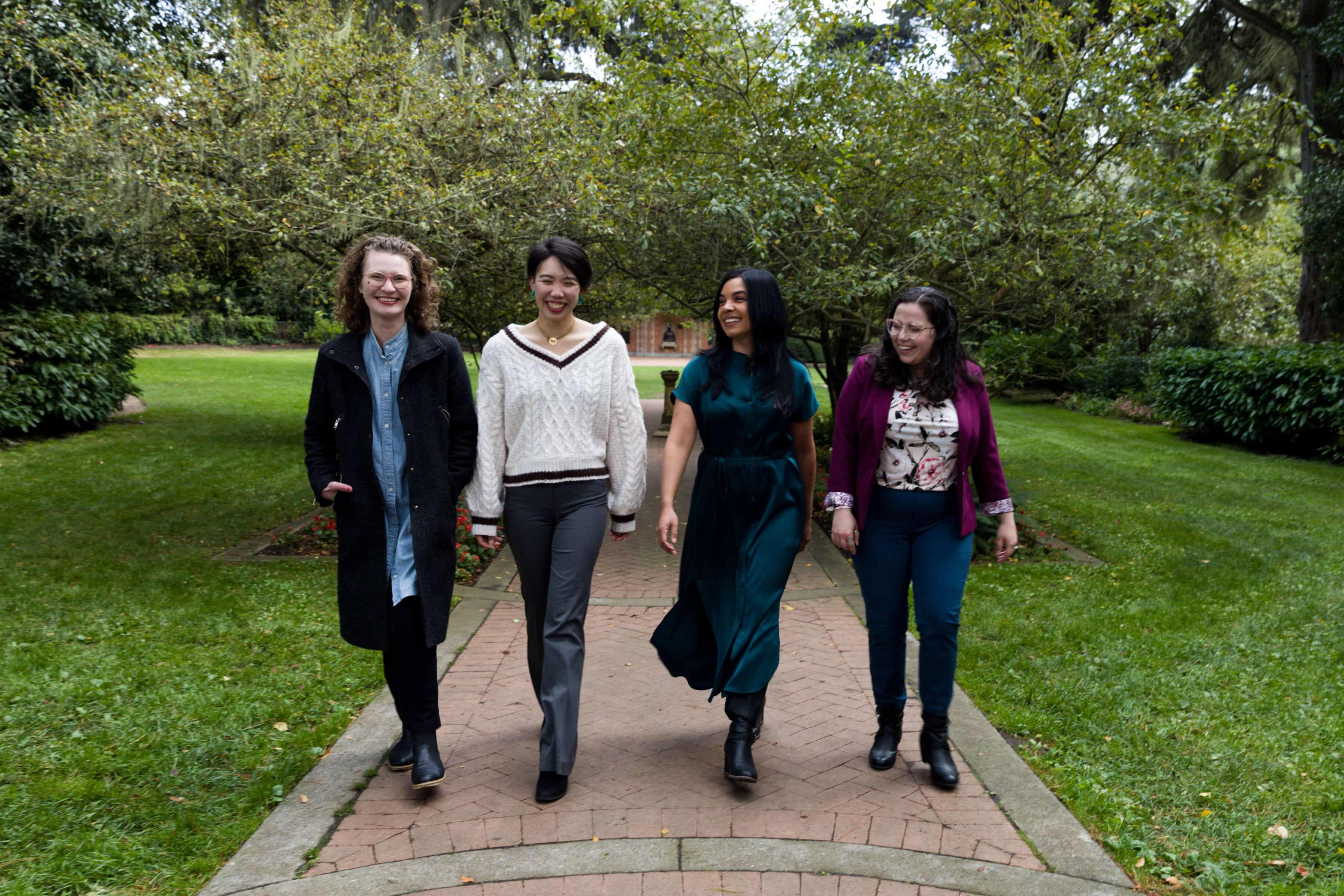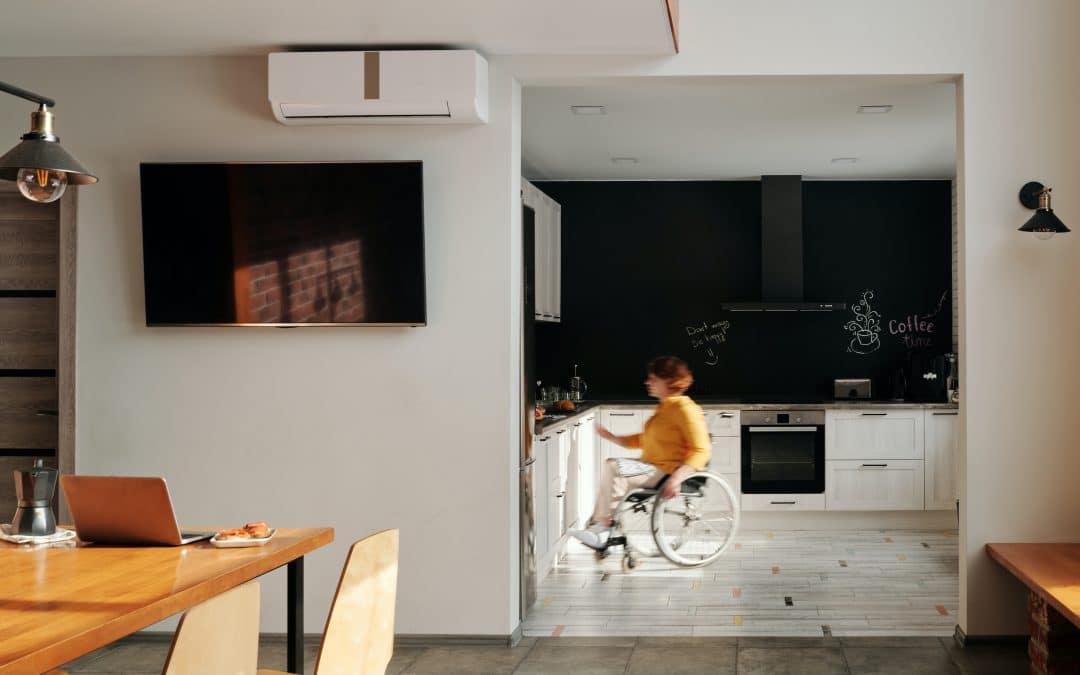Ableism and Mental Health
July is Disability Pride Month, and we’re celebrating the contributions and achievements of activists in the disability rights movement. We also honor the disabled people who are valued parts of our communities, families, and institutions.
Even as we celebrate, we know the work is far from done. A quarter of Americans live with one or more disabilities. However, a culture we are not very welcoming, inclusive or even tolerant of disabled folks among us. (Which is why we need a Pride month in the first place!)
Understanding Ableism
We’re a culture steeped in ableism — the privileging of non-disabled people’s needs as normal and right, and the exclusion of disabled people’s needs and experiences.
Like other -isms, ableism is a form of structural oppression. That means it’s often invisible, especially to people who are not on the receiving end. But that doesn’t mean it’s not a powerful force. Ableism impacts everything from cultural attitudes like shame, stigma, and fear; to institutional barriers to participation in daily life. Unfortunately, it even shows up in spaces that are meant to be safe and healing.
Understanding how deeply ableism permeates our culture is the first step in rooting it out and finding collective ways to heal.
Three Ways Ableism Impacts Our Mental Health
Ableism Creates Barriers to Full Participation in Public Life
People with disabilities experience instances of ableism every time they walk out of their front door.
Think of something as simple as going to a restaurant. If you’re able bodied, when was the last time you had to call ahead of time to be sure there would be a way for you to even get into the building? And that there would be an accessible area for you to sit and enjoy your meal? Or a way to use the restroom when needed?

Or consider a movie theater. While accommodations like screen readers are often available at these types of locations, the equipment often isn’t reliable. The burden is on disabled folks to ask for reasonable accommodations—and hope the person they’ve asked won’t be hostile or clueless.
In the COVID era, eagerness to drop health precautions and get back to normal has forced immunocompromised and other disabled people to avoid almost all public spaces. Grocery stories, public transportation — even doctors’ offices and hospitals — have become unsafe for people with these disabilities.
Ableism Challenges Disabled People’s Safety and Autonomy
Experiences of ableism are often traumatic. They deny people the dignity and autonomy allowed to able bodied people. Often, they can threaten the physical safety of the disabled person in question. Disabled folks face higher rates of job insecurity than their abled peers, which in turn contributes to the financial trauma of being disabled.
Financial trauma and the trauma of isolation often go hand in hand for disabled folks. Accommodations are often financial add-ons, making it more burdensome for disabled people to afford a social life outside of their home. Being forced to choose between necessities and a social life can lead to extreme isolation, depression, and poor mental health.
Legally, people with disabilities face discrimination as well. For example, some people with disabilities can be paid less than the federal minimum wage — in some cases, as little as $3 an hour. They also face barriers to marriage equality, as getting married can mean the loss of benefits and access to vital healthcare.
Internalized Ableism Creates Shame, Self-Blame, and Difficulty Seeking Support
In a culture steeped in anti-disability prejudice and discrimination, it’s impossible to not internalize those messages — even among disabled people themselves.
The American work ethic has a dark side. It values us only so long as we’re productive, contributing to the economy, and conforming to white supremacist body standards.
Healthism — a belief strongly intertwined with ableism — tells us that health is the most important thing to pursue in life. It makes health a moral imperative, and tells us that sickness and disability are the result of a personal failing.
In this environment, it makes sense that disabled folks often develop a strong sense of shame or self blame. It also makes it hard for disabled people to express their needs or ask for help.
Learn More: Recognizing Invisible Disability

Undoing the Health Impacts of Ableism
Ableism impacts both our mental and physical health profoundly. The financial burden of living with a disability—and the stigma of seeking care—can make healthcare inaccessible. We may delay or avoid care, experiencing worsening symptoms over time.
Stress, physical pain or discomfort, isolation or community neglect impact mental health as well. Folks with disabilities are 2 to 10 times more likely to experience symptoms of depression. They also have higher levels of anxiety than their non-disabled peers.
Ableism is a systemic problem. So it requires systemic solutions like accessible healthcare, financial assistance, and accommodations in public spaces. It requires a cultural shift towards an ethic of community care. It’s on all of us to create necessary change in our families, communities, and political systems.
However, people navigating life with a disability also need immediate support and care on an individual level. Research shows that finding sources of social support improves the quality of life, reduces pain severity, and decreases the impact of chronic conditions on daily life.
Therapy with a disability aware provider can be one way to support your healing and care. Come talk to us if you’re interested in connecting!
About Stella Nova
Stella Nova is a small group therapy practice located in San Francisco, California. Their team offers individual and couples therapy for women, nonbinary folks, and people of all genders seeking a feminist healing space. Stella Nova especially strives to support underserved groups including BIPOC, LGBTQ+ folks, and the disability community. They offer expertise in a number of mental health concerns, including chronic pain and illness, depression, anxiety, burnout and more.

Disability Aware Therapists in California
If you’re looking to connect with a therapist for support around pain, illness, or another chronic medical or mental health condition, a Stella Nova therapist can help.
Our team of therapists and psychologists offer online sessions for individuals and couples. We provide in person therapy in San Francisco and online therapy throughout California. Our SF office continues to maintain COVID safety precautions (masking & air filtration) for your comfort and health.
To get matched with a therapist, schedule a free, 20 minute phone consultation. We’ll get some basic information about what you’re looking for, and match you with the best therapist for your needs and preferences.

